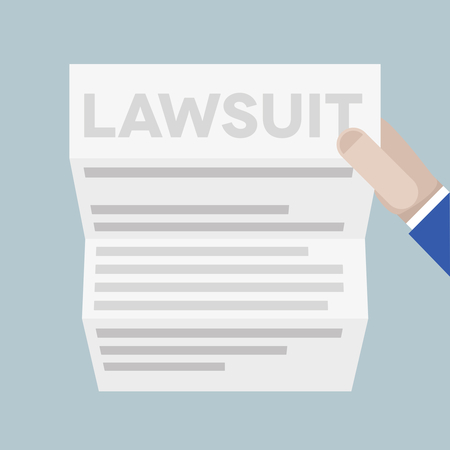Suits over Las Vegas mass shooting face obstacles, including federal law protecting gun makers

Shutterstock.com.
Lawsuits filed in the Las Vegas mass shooting that left 58 people dead face several obstacles–including a 2005 federal law that protects gun manufacturers and sellers from civil claims brought by gunshot victims.
At least two suits have been filed that target makers of the “bump stock” device used by shooter Stephen Paddock on Oct. 1 to accelerate gunfire from his semiautomatic weapon, the New York Times reports. Paddock fired the weapon from his 32nd-floor hotel room at the Mandalay Bay Resort into a crowd at a country music festival.
One suit, filed Oct. 6 by lawyers from a Las Vegas firm and the Brady Center to Prevent Gun Violence, seeks emotional distress damages in a would-be class action. Another suit, filed Oct. 10, also targets the bump stock maker, along with the corporate owner of the Mandalay Bay, concert promoter Live Nation Entertainment and Paddock’s estate, report the Times, BuzzFeed News and Law.com (sub. req.).
The second suit was filed on behalf of Paige Gasper, a college student who was injured when she was shot and trampled by the crowd. A total of 489 people suffered injuries, according to law enforcement.
The suit claims Mandalay Bay owner MGM Resorts was negligent partly because it did not respond quickly enough after a security officer was shot and wounded by Paddock. The guard was shot six minutes before Paddock began firing into the crowd, according to law enforcement. The suit also claims Live Nation didn’t provide enough emergency exits.
MGM has said it isn’t sure about the timeline, that security is a top priority, and that it will respond through appropriate legal channels. Live Nation didn’t comment on the litigation, but expressed sympathy for the victims.
One possible impediment to the bump stock suit is the Protection of Lawful Commerce in Arms Act, a federal law that protects gun makers and sellers from civil claims by gun violence victims. One possible issue is whether a bump stock is a gun component that is covered by the liability shield, according to Georgia State University law professor Timothy Lytton, who spoke with the Times.
Precedent is not on the plaintiffs’ side. “No plaintiff has ever obtained an unreversed jury verdict in a lawsuit against a gun manufacturer for an injury arising out of criminal use of a weapon,” he said.
The lawsuits against the hotel and event site would turn on negligence, Lytton added.
Other lawsuits filed against shooting locations have had mixed success, according to the Times.
Families of victims of the 2007 Virginia Tech shooting obtained an $11 million settlement, but two families who refused to participate saw their jury awards overturned by the Virginia Supreme Court.
In 2016, Colorado jurors found no liability in a suit against the movie theater where a gunman opened fire during a showing of The Dark Knight Rises in 2012. A premises liability law in the state generally requires plaintiffs to prove that dangers were reasonably foreseeable. A judge tossed a separate federal case a month later.



